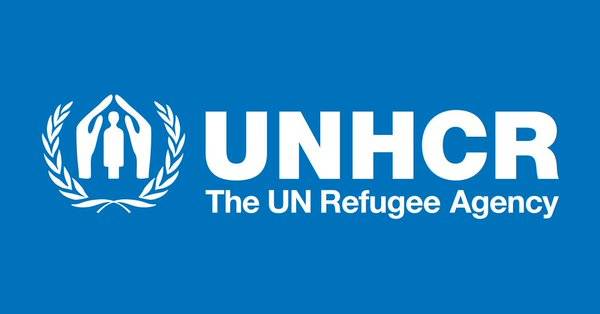UNHCR welcomes Libya’s transit facility to expedite third country solutions for vulnerable refugees

UNHCR welcomes Libya’s transit facility to expedite third country solutions for vulnerable refugees
UNHCR, 29 Nov 2017
UNHCR, the UN Refugee Agency, welcomes the decision by the Libyan authorities to set up a “transit and departure facility” in Tripoli for people in need of international protection.
This initiative, which is supported by the Italian government, will facilitate the transfer of thousands of vulnerable refugees to third countries. “We hope that thousands of the most vulnerable refugees currently in Libya will benefit from this forward-looking initiative,” said Roberto Mignone, UNHCR Representative to Libya. He added that the main objective is to speed up the process of securing solutions in third countries, particularly for unaccompanied and separated children and women at risk.
These solutions will include resettlement, family reunification, evacuation to UNHCR-run emergency facilities in other countries, or voluntary return, as appropriate.
At the facility, UNHCR staff and partners will provide registration and live-saving assistance such as accommodation, food, medical care and psychosocial support.
This initiative is one of a range of measures needed to offer viable alternatives to the dangerous journeys undertaken by refugees and migrants along the Central Mediterranean route. In September, UNHCR called for an additional 40,000 resettlement places to be made available for refugees located in 15 countries along this route. So far, only 10,500 pledges have been made.
“This initiative is a decisive step forward, and we are grateful for the strong commitment of the Libyan government in making this possible, as well as for the important role played by the Government of Italy. But we now need EU member states and others to step up with offers of resettlement places and other solutions, including family reunification slots,” said Mignone. “Together, these will be an important platform for securing solutions for these vulnerable people, based on shared responsibility.”
For more information on this topic, please contact:
In Geneva, Cécile Pouilly, pouilly@unhcr.org, +41 79 108 26 25
In Geneva, William Spindler, spindler@unhcr.org, +41 79 217 30 11
In Tunis, Bathoul Ahmed, ahmedba@unhcr.org, +216 20 69 76 35
In Amman, Rula Amin, aminr@unhcr.org, +962 790 04 58 49
In Italy, Carlotta Sami, sami@unhcr.org, +39 335 679 4746 or Federico Fossi, fossi@unhcr.org ,+39 349 08 43 46
This initiative, which is supported by the Italian government, will facilitate the transfer of thousands of vulnerable refugees to third countries. “We hope that thousands of the most vulnerable refugees currently in Libya will benefit from this forward-looking initiative,” said Roberto Mignone, UNHCR Representative to Libya. He added that the main objective is to speed up the process of securing solutions in third countries, particularly for unaccompanied and separated children and women at risk.
These solutions will include resettlement, family reunification, evacuation to UNHCR-run emergency facilities in other countries, or voluntary return, as appropriate.
At the facility, UNHCR staff and partners will provide registration and live-saving assistance such as accommodation, food, medical care and psychosocial support.
This initiative is one of a range of measures needed to offer viable alternatives to the dangerous journeys undertaken by refugees and migrants along the Central Mediterranean route. In September, UNHCR called for an additional 40,000 resettlement places to be made available for refugees located in 15 countries along this route. So far, only 10,500 pledges have been made.
“This initiative is a decisive step forward, and we are grateful for the strong commitment of the Libyan government in making this possible, as well as for the important role played by the Government of Italy. But we now need EU member states and others to step up with offers of resettlement places and other solutions, including family reunification slots,” said Mignone. “Together, these will be an important platform for securing solutions for these vulnerable people, based on shared responsibility.”
For more information on this topic, please contact:
In Geneva, Cécile Pouilly, pouilly@unhcr.org, +41 79 108 26 25
In Geneva, William Spindler, spindler@unhcr.org, +41 79 217 30 11
In Tunis, Bathoul Ahmed, ahmedba@unhcr.org, +216 20 69 76 35
In Amman, Rula Amin, aminr@unhcr.org, +962 790 04 58 49
In Italy, Carlotta Sami, sami@unhcr.org, +39 335 679 4746 or Federico Fossi, fossi@unhcr.org ,+39 349 08 43 46